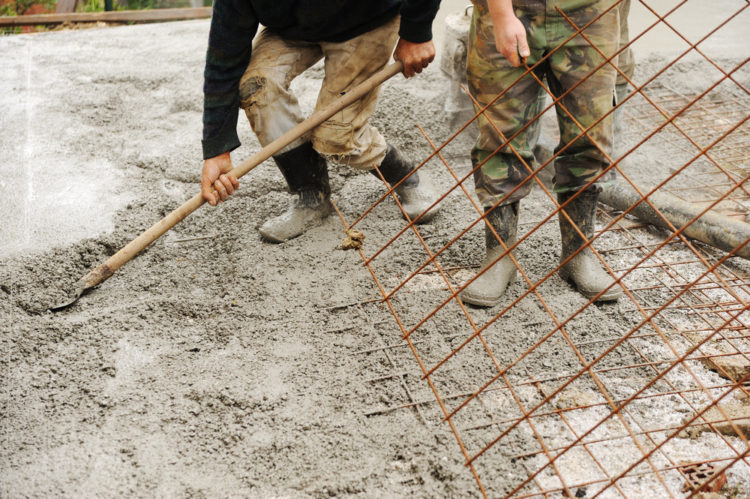Among construction professionals, concrete has a favorable reputation for its strength, versatility, and durability. It has remained a popular construction material for many years due to its many construction applications in commercial and domestic settings. But what are the reasons for its sustained popularity? This article looks into the components of concrete work and the many reasons for its widespread use.
What is Concrete?
Concrete is, without a doubt, the most widely used construction material today. It solidifies and hardens after being mixed with water and placed, forming a stone-like material through a chemical process called hydration. It holds together other construction materials. Concrete is commonly used in the construction of bridges, fences, motorways, and other architectural structures.
Concrete was originally invented by the Romans, but the British improved upon the original blueprint by the Romans and popularized it. It has remained a popular construction material for the following reasons:
Durability
Concrete’s unyielding and sturdy nature makes it a long-lasting and durable material. It is relatively resistant to erosion, fire, rotting, corrosion, and weathering and requires little maintenance and repair. As a result, concrete has a longer lifespan than many other building materials.
Easy to Create
Cement is a key component of concrete work, and limestone is its major raw material. Since limestone is possibly the most plentiful material on the planet, cement can be easily manufactured daily, leading to no shortages. Consequently, we can easily create concrete work in large quantities in a short period since it includes such readily available materials. Waste by-products from energy plants, steel plants, and other production facilities can also be used to make concrete.
Environmentally Friendly
Concrete is an environmentally friendly material since it can be reused and applied as aggregates after being recycled. The concrete is crushed and recycled to be utilized in new construction of pavements, road foundations, backfills, and driveways. Concrete can also survive natural disasters, eliminating the need for extra repair materials. Finally, since it is frequently made from locally obtained resources, it requires little transportation.
Reflectivity
Concrete, unlike asphalt, reflects heat rather than absorbing it. Its heat-reflecting property aids in cooling buildings, minimizing the need for air conditioning, thereby conserving energy.
Due to its many admirable attributes, concrete work will remain popular and a crucial part of construction processes for the foreseeable future. Are you considering utilizing concrete in your next project? For high-quality construction jobs that involve concrete work, contact us today!



